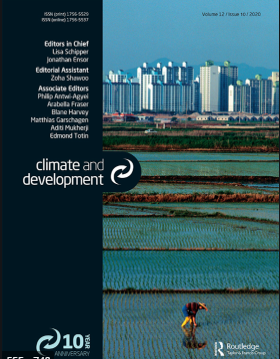Sea level rise (SLR) poses significant threats to northeast and mid-Atlantic Tribal Nations’ climate and water justice. Existing SLR adaptation frameworks do not include Indigenous knowledge. Furthermore, SLR adaptation policy prioritizes economic and property rights and is misaligned with Indigenous coastal protection priorities. If Tribal Nations are to respond effectively to SLR then adaptation frameworks must be designed and developed by Indigenous Peoples for Indigenous Peoples. Eastern coastal Tribal Nations have a unique history of survival and resilience despite settler-colonial expansion in the northeast and mid-Atlantic regions of what is currently referred to as the United States. Experiences of eastern Atlantic coastal Tribal Nations highlight innovative response strategies for SLR adaptation and coastal stewardship practices not reflected in existing adaptation frameworks for the region. Indigenist SLR adaptation frameworks that utilize Indigenous knowledge are needed to combat water security issues resulting from SLR risks such as flooding, saltwater intrusion, storm surge, and erosion. This article proposes the WAMPUM adaptation framework informed by northeastern and mid-Atlantic coastal Tribal Nation science and knowledge systems for climate change adaptation to SLR.
Read the publication.

